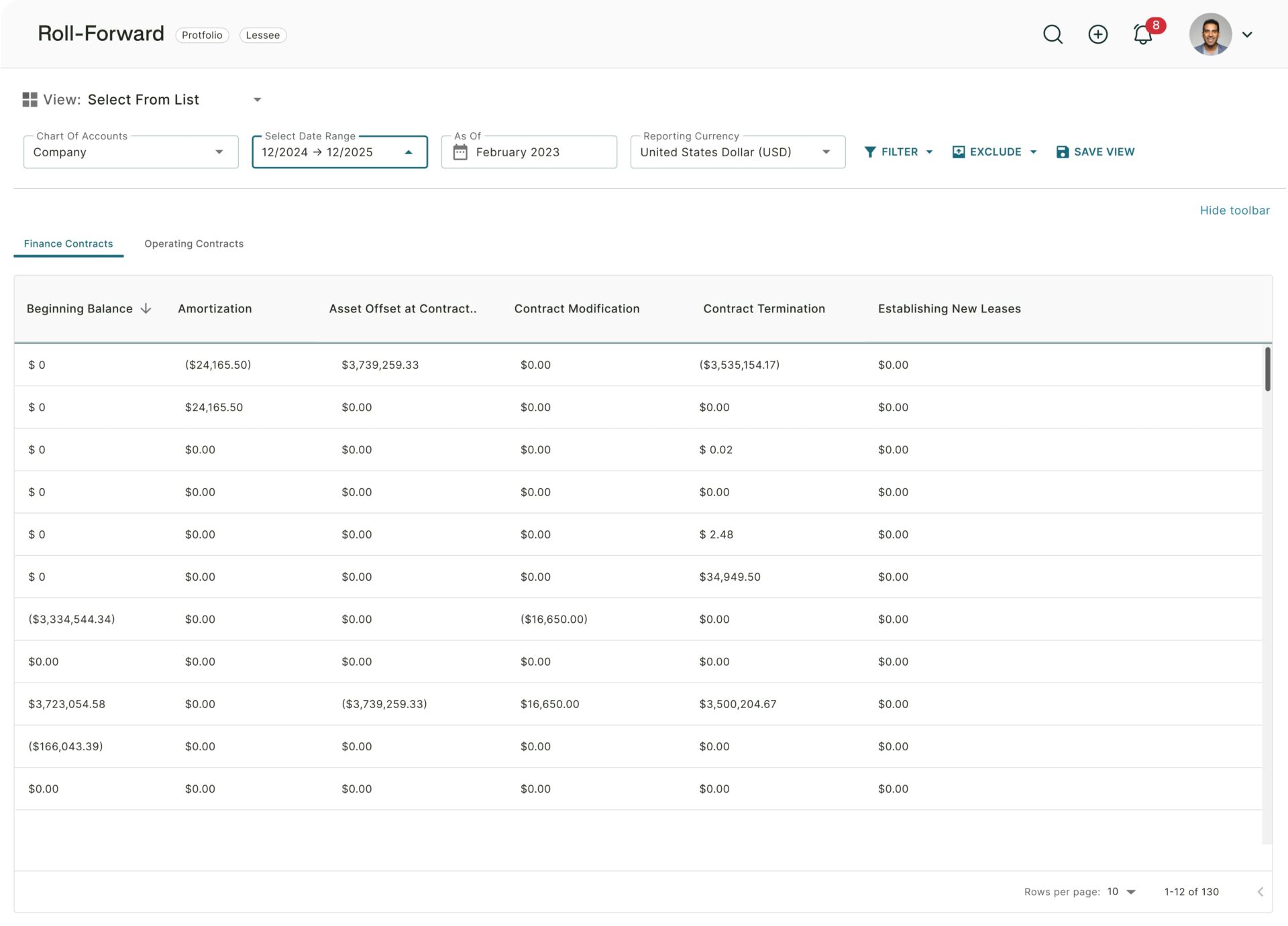Leases have been in the news recently, and are set to become an increasingly important – and potentially time-consuming – part of the accounting and auditing process. With new requirements, general uncertainty and the re-examination of all contracts to determine their impact with regards to leases, having the right lease accounting software in place is mission-critical.
In this article, we look at 6 key questions to ask when deciding which lease accounting software is right for you.
1. Is the lease accounting software updated?
When it comes to accounting, the only constant is change. Standards are constantly being updated and reworked, with new standards being released all the time to keep up with an ever-evolving business climate.
Just for lease accounting, for example, recent changes such as those pertaining to IFRS 16, ASC 842, and GASB 96 have meant significant changes to the way organizations recognize, measure, and report on leases. So much so that in some cases, the very definition of what a lease is, has changed.
When considering lease accounting software, the first thing you need to do is check that it is updated and includes the latest way to deal with such a complex subject as leases.
2. Is the lease accounting software automated?
With technology advancing by leaps and bounds, ensure you’re not left behind. Today there’s no reason to have to manually sift through contracts or spreadsheets to find the vital information required to account for leases correctly.
Today’s leading lease accounting software solutions use artificial intelligence (AI) to automatically scan contracts in both PDF and Excel spreadsheet formats and extract the relevant information. This has additional benefits besides saving you massive amounts of time – it increases accuracy, reduces errors, and ensures compliance.
This is a huge win for organizations of all sizes and is especially critical for asset-heavy projects such as those undertaken by accounting firms or future M&A transactions.
3. Does the lease accounting software have reputable clients?
There are many products out there that promise the world – especially when it comes to lease accounting software. However one must be careful when evaluating vendors, as the gulf between a pretty website and a robust product can be immense.
That’s why an essential part of choosing a lease accounting software provider is evaluating the types of customers that work with them and other approbations and certifications that show that this is a legitimate provider.
Look out especially for approval by a Big 4 audit firm and SOC2 certification, not to mention recognizable client names and ratings from sites like G2 and Capterra.
4. Are the lease accounting software results auditable?
It’s one thing to generate results from contracts and other input data. It can be quite another to ensure that these are recorded in such a way that auditors will find it useful. No one wants to have a lease accounting software solution in place, only to have to duplicate or re-do journal entries to ensure the auditors have something to work with.
A truly useful lease accounting software solution will allow 1-click journal entries and 100% auditable journal entries and disclosures.
5. Does the lease accounting software allow collaboration?
We’ve all been there: the overworked controller waiting for the frazzled CFO to be freed up in order to get their lease calculations signed off. Thankfully, there is a better way.
The key here is collaboration. Great lease accounting software has collaboration baked into the product itself. Your lease accounting software should enable collaboration in one unified platform, from source data, through AI-powered processing, across the accounting team (including accountants and bookkeepers, controllers, and the CFO) and through to a final product that’s ready for the audit team.
Ideally, it should allow all stakeholders to access a live data image of the entire process flow.
6. Does the lease accounting software make your life easier?
AI is a powerful tool. But like any technology, when not implemented correctly it can result in massive headaches: including but not limited to wasted time, money, and other resources – and harm instead of helping your organization or department.
Your lease accounting software solution should be designed from the ground up to incorporate the latest technologies – including AI – in order to provide the experience the office of the future deserves.
You should be removing complexity, not adding it. Happily, there are some incredible lease accounting software solutions out there that do just that.
Getting your lease accounting software provider right
As we’ve seen, choosing the right lease accounting software will have an outsize impact on your day-to-day life, not to mention the quality and speed with which you deal with leases and comply with the latest lease accounting requirements.
Hopefully answering these 6 questions will help in making that choice. Choose wisely, and good luck!





